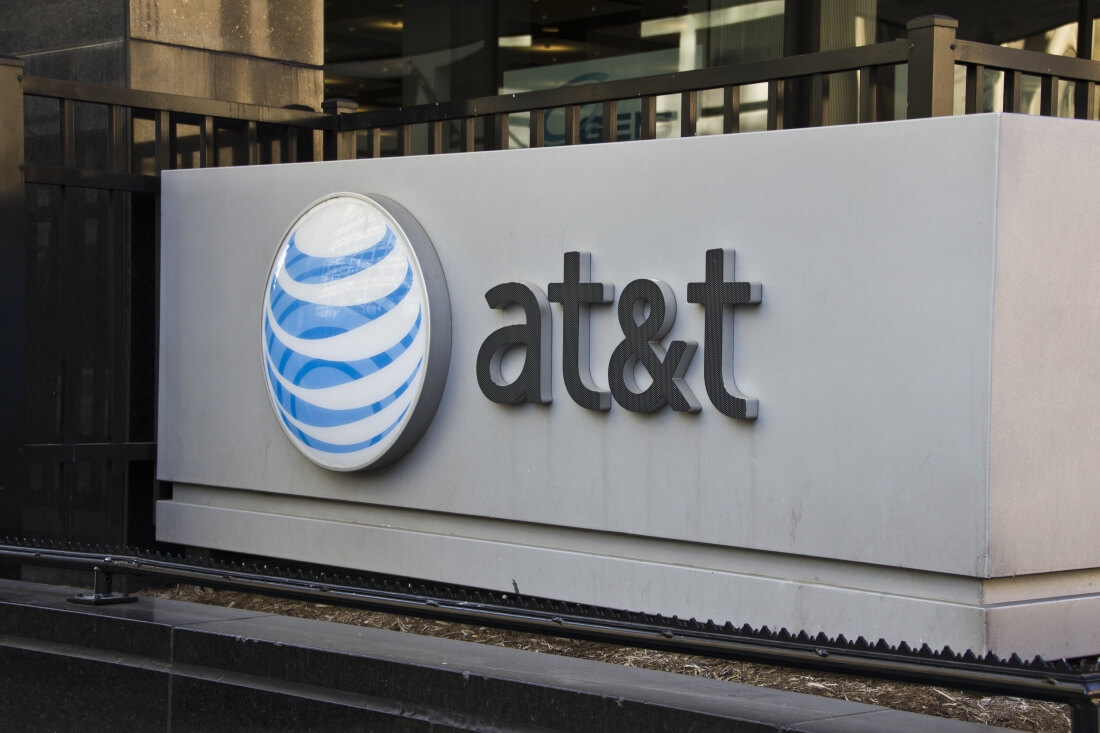AT&T has reportedly been spying on its customers and selling the information to law enforcement agencies. The Daily Beast reports that the company's Project Hemisphere was able to search trillions of call records, determine a target's location, and find out who took part in the call.
The information gathered from this surveillance was bought using millions of taxpayer dollars for the purpose of investigating cases such as homicides, narcotics trafficking, and fraud. AT&T documents state that a warrant isn't required to access Hemisphere; all that's needed is an administrative subpoena, which does not require probable cause. Law agencies promised not to disclose Hemisphere if an investigation became public.
"The for-profit spying program that these documents detail is more terrifying than the illegal NSA surveillance programs that Edward Snowden exposed... If companies are allowed to operate in this manner without repercussions, our democracy has no future," Evan Greer, campaign director for digital rights group Fight for the Future, told Newsweek.
The New York Times reported Hemisphere's existence in 2013. Back then it was described as a small-scale "partnership" between AT&T and the government that was used as a tool in the fight against drugs.
AT&T isn't the only firm to face spying allegations. Earlier this month, it was reported that Yahoo had secretly built custom software last year that scanned all of its customers' incoming emails for information provided by US intelligence officials.
Responding to the claims, AT&T told the Beast that there is "no special database." The company also issued the following statement: "Like other communications companies, if a government agency seeks customer call records through a subpoena, court order or other mandatory legal process, we are required by law to provide this non-content information, such as the phone numbers and the date and time of calls."
The revelations arrive just as AT&T is in the process of purchasing Time Warner in an $85.4 billion deal. The merger now looks as if it will require FCC approval, and has been criticized by consumer advocacy groups, Donald Trump, and Hillary Clinton.
